14 Things Our Grandparents Did That Actually Make Perfect Sense Today
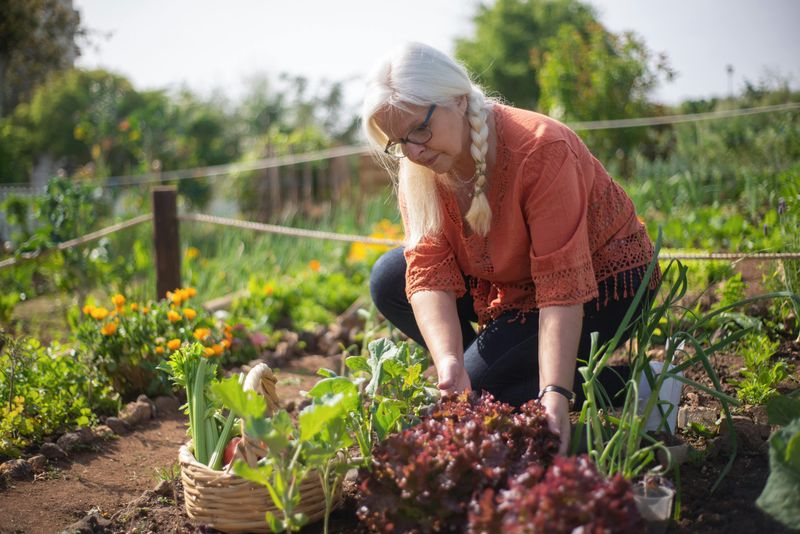
Modern life is fast-paced, digital, and often overwhelming—but when we look back at how our grandparents lived, there’s a lot we can learn. Their habits weren’t just rooted in frugality—they were practical, sustainable, and often surprisingly forward-thinking.
1. Saved Leftovers Religiously

Leftovers were never discarded unless they were beyond consumption. Our grandparents knew the value of every meal, ensuring that nothing went to waste. This practice, rooted in frugality, aligns with today’s focus on minimizing waste and maximizing resources.
In a time where food scarcity was common, leftovers represented both thrift and respect for the labor involved in cooking. Today, saving leftovers not only cuts down on waste but also saves money, making it a practical habit to embrace.
Imagine a world where every meal’s potential is fully realized—our grandparents lived it.
2. Mended Clothes Instead of Tossing Them

A loose button or small tear never meant goodbye for a cherished garment. Our grandparents skillfully mended clothes, giving them a second life and extending their usefulness. This habit reflects a sustainable mindset that is being embraced once again.
Today, mending clothes is not only about saving money but also about reducing the environmental impact of fast fashion. A needle and thread can transform a worn-out piece into a beloved favorite.
With each stitch, there’s a story of resilience and resourcefulness, offering a reminder of a simpler, more conscientious era.
3. Grew Their Own Food
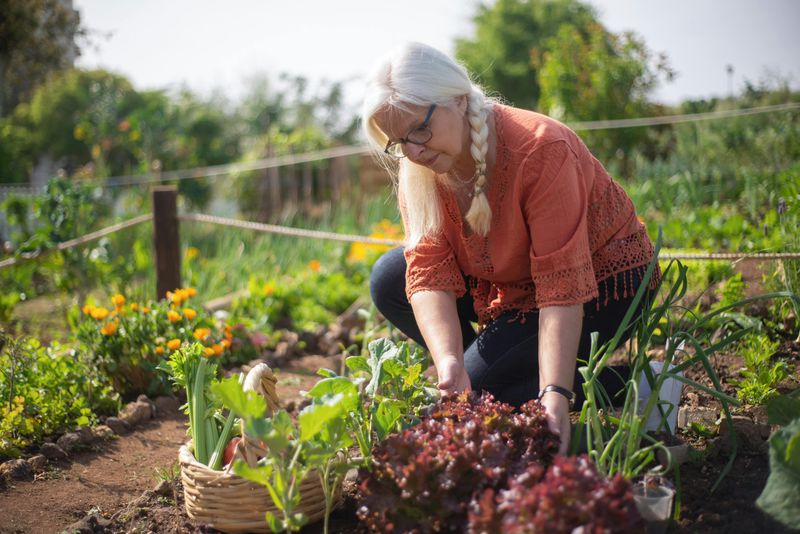
Victory gardens were born out of necessity, but they thrived on wisdom. Our grandparents grew their own food to cut costs and ensure fresh produce for their families. In today’s world, backyard gardens are a trendy yet practical way to eat healthily.
Growing food at home connects us to the earth and provides a sense of accomplishment. It also reduces the carbon footprint associated with transporting produce.
By planting seeds, we cultivate more than just food—we nurture a lifestyle that values self-sufficiency and appreciation for nature’s bounty.
4. Cooked Meals From Scratch
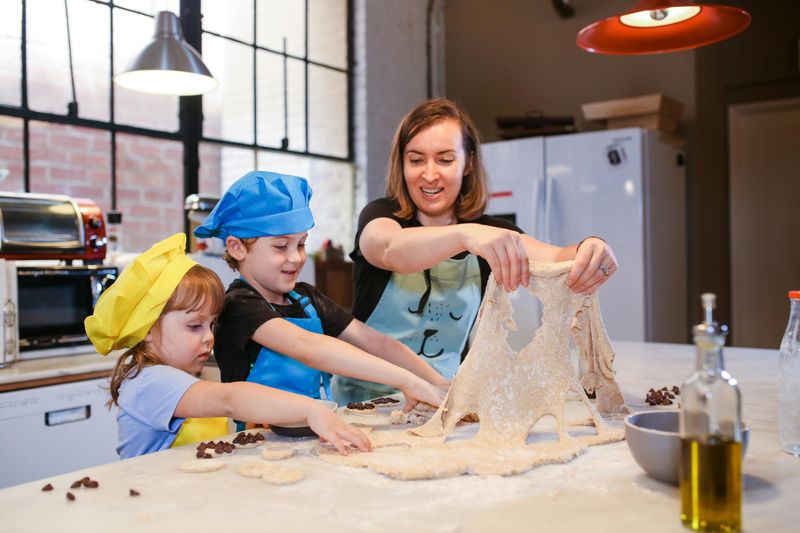
In a world before ready meals, cooking from scratch was the norm. Our grandparents relied on fresh ingredients, ensuring meals were wholesome and flavorful. This tradition is seeing a resurgence as people seek healthier, more mindful eating habits.
Preparing food from the ground up means fewer preservatives and additives, offering a taste that is often lost in processed foods. It’s a way to honor tradition while nourishing the body.
Every meal cooked from scratch tells a story of creativity and care, echoing the love our grandparents put into every dish.
5. Used Everything to the Last Drop

Whether it was soap, toothpaste, or cooking oil, nothing was wasted. Our grandparents’ frugality extended to using every last bit of household items, a practice that speaks to both thrift and environmental consciousness today.
This habit encourages us to rethink our consumption, using resources wisely and creatively. In a throwaway culture, their meticulousness offers a refreshing perspective.
By valuing what we have, we learn the art of getting the most out of everything, reinforcing a sustainable mindset. Every last drop holds potential, much like our grandparents believed.
6. Shopped With Cash

Before the era of credit cards, cash was king. Shopping with cash meant adhering to a budget and avoiding debt, a lesson that resonates as people seek financial stability today.
Using cash fosters a tangible connection to spending, helping to manage finances effectively. In a time of economic uncertainty, this old-fashioned approach can be surprisingly liberating.
By seeing exactly what we spend, we cultivate a mindful approach to money. Our grandparents understood this simplicity, and it’s a principle that remains relevant in our complex financial world.
7. Preserved Food for Later
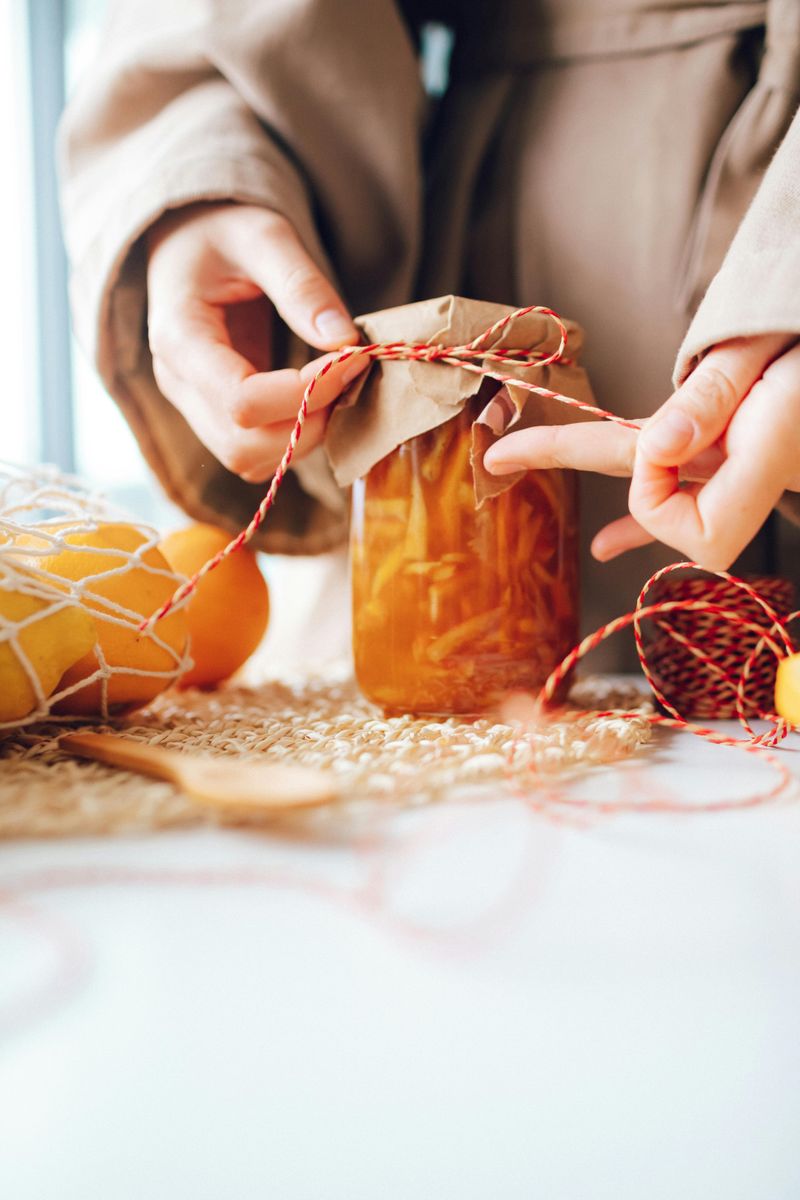
Canning, pickling, and freezing were essential skills for our grandparents, ensuring food lasted beyond the harvest. Today, these methods are celebrated for their ability to reduce waste and provide nourishment long after the season has passed.
Preserving food empowers us to be self-reliant and resourceful, making the most of what we have. It’s a practice that connects us to culinary traditions while aligning with modern sustainability goals.
Each jar of preserved goodness is a testament to ingenuity and foresight, much like the generations before us cherished.
8. Made Their Own Cleaning Products
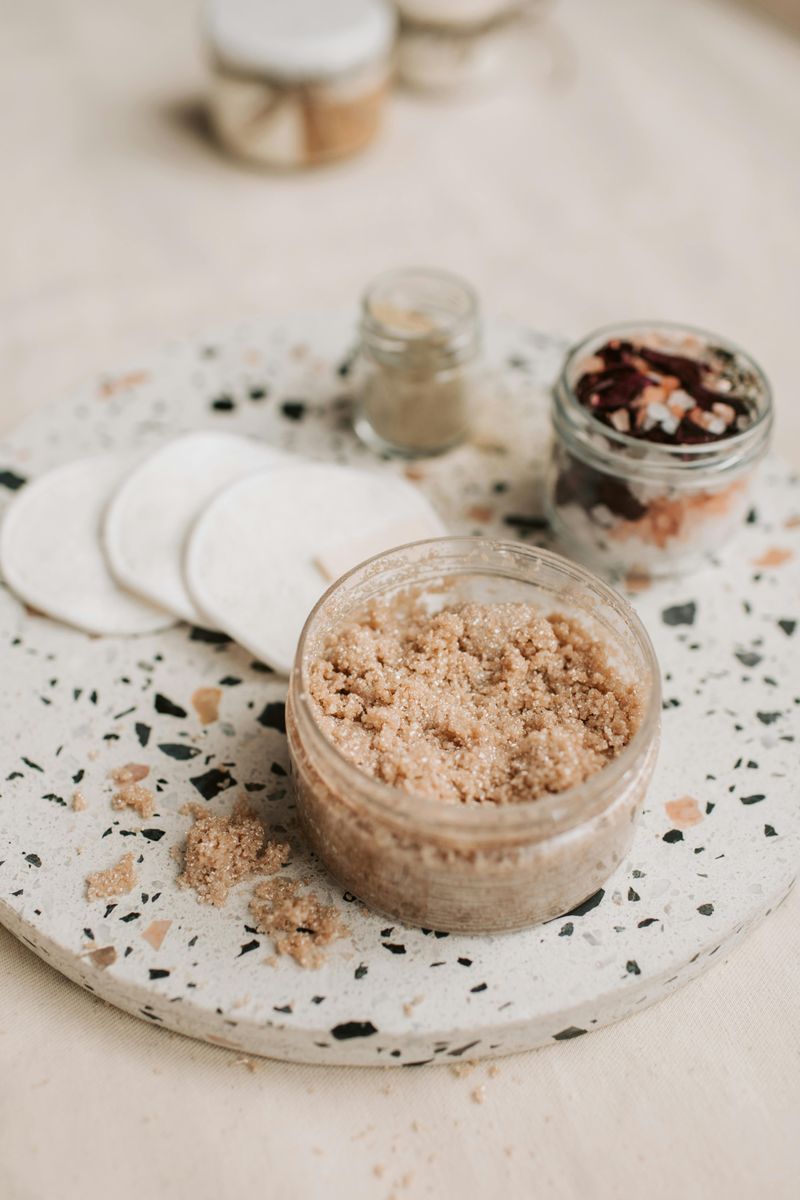
Baking soda, vinegar, and lemon were the cleaning allies of our grandparents. These natural ingredients proved effective, economical, and non-toxic, a combination that appeals to eco-conscious individuals today.
Homemade cleaning products reduce exposure to harsh chemicals, promoting a healthier living environment. In an era of environmental awareness, this simple practice makes a big impact.
Crafting our own cleaners offers a sense of control and creativity, echoing the resourcefulness our grandparents practiced. It’s a way to clean that respects both our homes and the planet.
9. Walked or Biked Whenever Possible

Cars weren’t always the default mode of transportation. Walking or biking was common, saving money and keeping our grandparents fit. Today, this approach is celebrated for its environmental and health benefits.
Opting for human-powered transport reduces carbon emissions and fosters a connection to our surroundings. It’s a choice that offers freedom from traffic and the joy of movement.
In embracing this habit, we honor a lifestyle that prioritizes health and sustainability. Our grandparents’ footsteps guide us to a greener, more active existence.
10. Lived Within Their Means
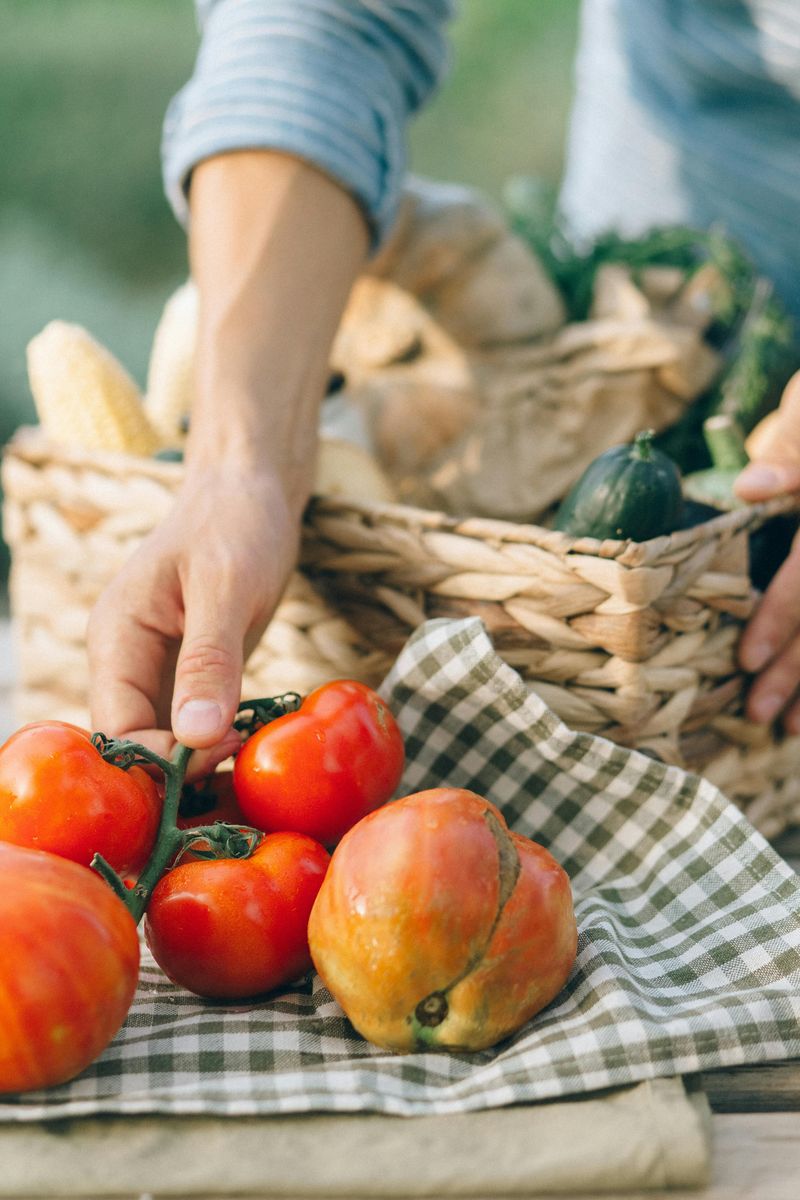
Debt was rare, and budgeting was a way of life for our grandparents. They lived within their means, a philosophy that offers clarity and peace of mind in today’s consumer-driven society.
By spending only what they could afford, they avoided financial stress and built a foundation of security. This habit encourages mindful consumption and financial responsibility.
In a world of credit and loans, their discipline inspires us to reassess our priorities. Living within our means is a timeless principle, guiding us to financial freedom and stability.
11. Hung Clothes to Dry
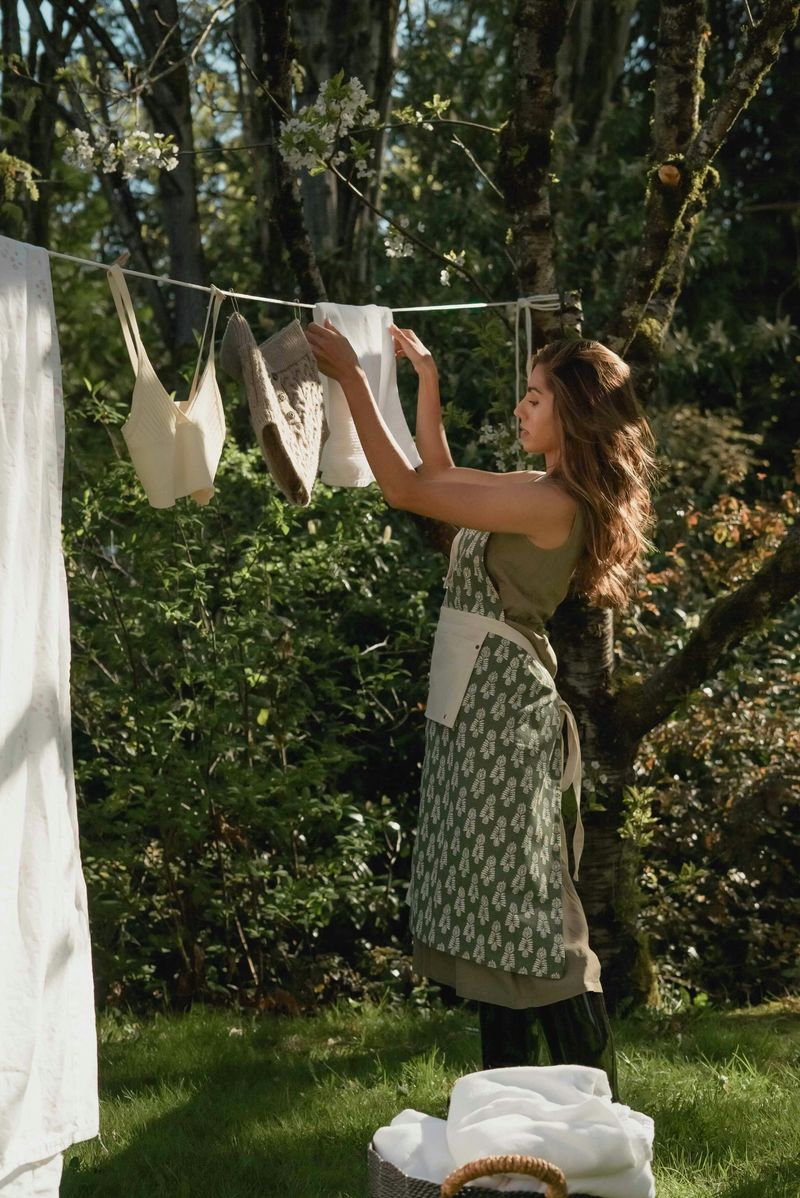
Long before dryers became household staples, clotheslines were the norm. Hanging clothes to dry saved energy and preserved fabric, a practice that aligns with today’s eco-friendly values.
This method reduces electricity use and offers a gentle way to care for clothing. It’s an opportunity to connect with nature’s rhythms and savor the simple act of laundry.
Our grandparents’ dedication to this practice reflects a respect for both resources and craftsmanship. Embracing it today, we honor their wisdom and care for a sustainable future.
12. Reused Jars, Bags, and Containers
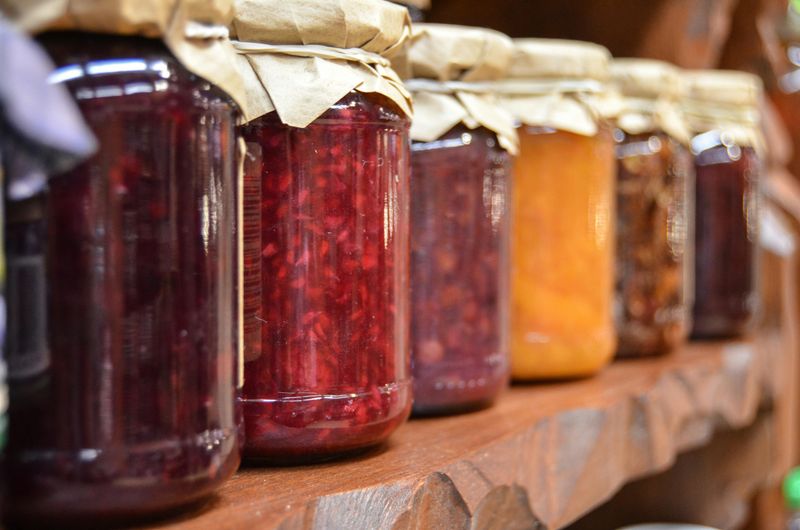
Before recycling bins, reuse was second nature. Jars, bags, and containers found new life in the hands of our grandparents. This practice aligns with modern sustainability goals, reducing waste and encouraging creativity.
Reusing items fosters resourcefulness, transforming everyday objects into valuable tools. It’s a mindset that values practicality and environmental stewardship.
Our grandparents’ ability to repurpose reflects an understanding of true value. By adopting this habit, we contribute to a more sustainable world, echoing their lessons of thrift and ingenuity.
13. Entertained at Home

Before the era of digital entertainment, our grandparents thrived on home gatherings. Hosting friends and family was a way to connect deeply, providing affordable entertainment and cherished memories.
This tradition fosters bonds and encourages creativity, offering an alternative to costly outings. It’s a way to honor relationships while enjoying the comfort of home.
In today’s fast-paced world, entertaining at home brings warmth and personalization to socializing. Our grandparents’ gatherings remind us of the joy found in simple pleasures and shared experiences.
14. Pride in Simple Living
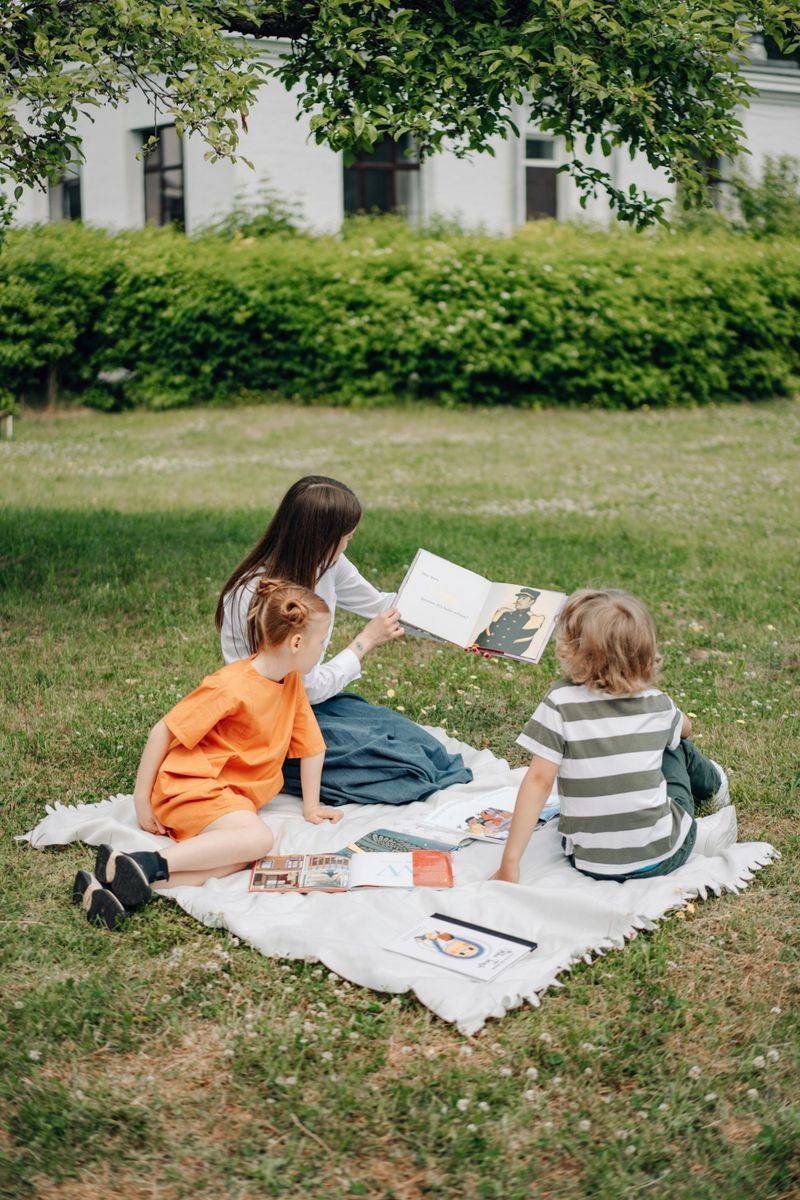
Keeping up with the Joneses was never the goal for our grandparents. They took pride in simple living, embracing frugality as a virtue rather than a sacrifice.
This mindset prioritizes contentment and gratitude, focusing on what truly matters. It’s an attitude that resonates as people seek authenticity amidst material excess.
By valuing simplicity, our grandparents found joy in everyday moments and connections. This philosophy encourages us to strip away distractions and live with intention, echoing the wisdom of a life well-lived.

Comments
Loading…